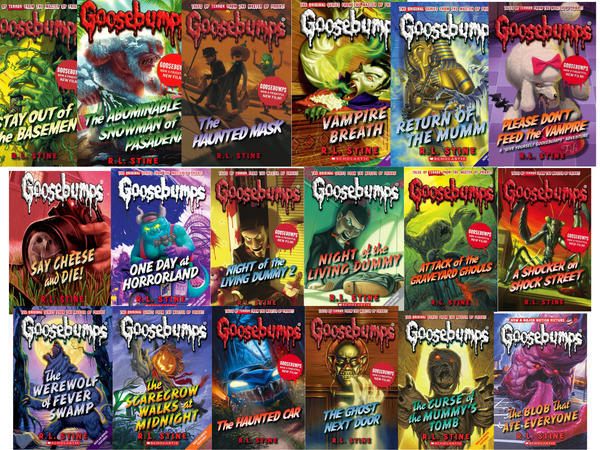The Adventures Of Huckleberry Finn (Reading Classics) by Mark Twain
- Publisher: READING CLASSICS
- Availability: In Stock
- SKU: 44997
- ISBN: 9789699903755
- Number of Pages: 378
Rs.560.00
Rs.699.00
Tags: 19th century american novel , american adventure story , american culture fiction , american fiction classics , american satire book , american storytelling , book by mark twain , book for literature students , books about freedom , books that shaped america , classic books for teenagers , classic english syllabus books , classic literature novel , coming of age classic , high school literature book , historical fiction classic , huck finn character , Huckleberry Finn , huckleberry finn and jim , huckleberry finn novel , humorous classic novel , iconic literary characters , literary classics for schools , literature for students , Mark Twain , mark twain books , mark twain classics , mark twain famous works , mississippi river story , moral dilemmas in fiction , must read classic books , novels with social commentary , pre civil war america book , racism in classic literature , readings classics series , river journey story , school literature curriculum , slavery and freedom fiction , southern american fiction , the adventures of huckleberry finn , timeless american novels , twain's satirical writing
The Adventures of Huckleberry Finn, written by Mark Twain, is a classic American novel that follows the journey of Huck Finn, a young boy escaping from his abusive father, and Jim, a runaway slave, as they travel down the Mississippi River. Set in the pre-Civil War South, the novel tackles significant themes such as race, freedom, friendship, and moral development. Through the lens of Huck's adventures, Twain critiques the deeply ingrained social norms of the time, particularly slavery and racism, while celebrating the human spirit's yearning for freedom and moral integrity.
Key Points:
-
Theme of Freedom
Huck and Jim's journey down the river symbolizes their quest for freedom—Huck from his oppressive father and society's expectations, and Jim from the brutal institution of slavery. -
Critique of Racism and Slavery
The novel provides a sharp critique of the racist attitudes and the institution of slavery in the American South. Twain portrays the moral contradictions of a society that claims to value freedom while oppressing an entire race. -
Huck’s Moral Growth
Throughout the novel, Huck grapples with his conscience and the societal values he has been taught. His evolving relationship with Jim challenges his beliefs, ultimately leading him to reject the racist ideology of his time. -
Symbolism of the Mississippi River
The Mississippi River represents freedom and adventure, serving as a safe space for Huck and Jim to escape their troubles and societal constraints. It also symbolizes the unpredictability of life, as their journey is fraught with danger and uncertainty. -
Satire of Society
Twain uses satire to criticize the hypocrisy, greed, and moral failings of society. Characters such as the Duke and the King serve as examples of how corrupt individuals exploit others for personal gain. -
Friendship Between Huck and Jim
The novel highlights the deep and evolving friendship between Huck and Jim, which transcends racial boundaries. Huck’s growing respect for Jim as a person, rather than as property, forms the emotional core of the novel. -
Realism and Dialect
Twain's use of dialect and realistic dialogue captures the regional speech patterns of the South, adding authenticity to the characters and setting. His portrayal of life on the Mississippi River reflects the complexities of Southern society. -
Adventure and Exploration
As the title suggests, the novel is full of adventures, including encounters with criminals, con artists, and dangerous situations, all of which contribute to Huck’s growth and self-awareness. -
Criticism of Organized Religion
Twain subtly criticizes the moral inconsistencies of organized religion through characters who use religion to justify slavery and other immoral acts, revealing the gap between religious ideals and societal practices. -
Impact on American Literature
Often considered one of the greatest American novels, The Adventures of Huckleberry Finn has had a profound influence on literature. Its themes of race, identity, and freedom continue to resonate with readers, and it has been the subject of both acclaim and controversy.
Conclusion
Mark Twain’s The Adventures of Huckleberry Finn is a powerful exploration of freedom, morality, and friendship set against the backdrop of a society riddled with hypocrisy and racism. Through Huck’s journey and his growing bond with Jim, Twain challenges the injustices of his time, offering a timeless critique of human nature and society. The novel’s enduring relevance and impact on American literature make it a cornerstone of classic literature.
════ ⋆★⋆ ═══
Writer ✤ Mark Twain (Author)
Publishers ✤ READING CLASSICS

























